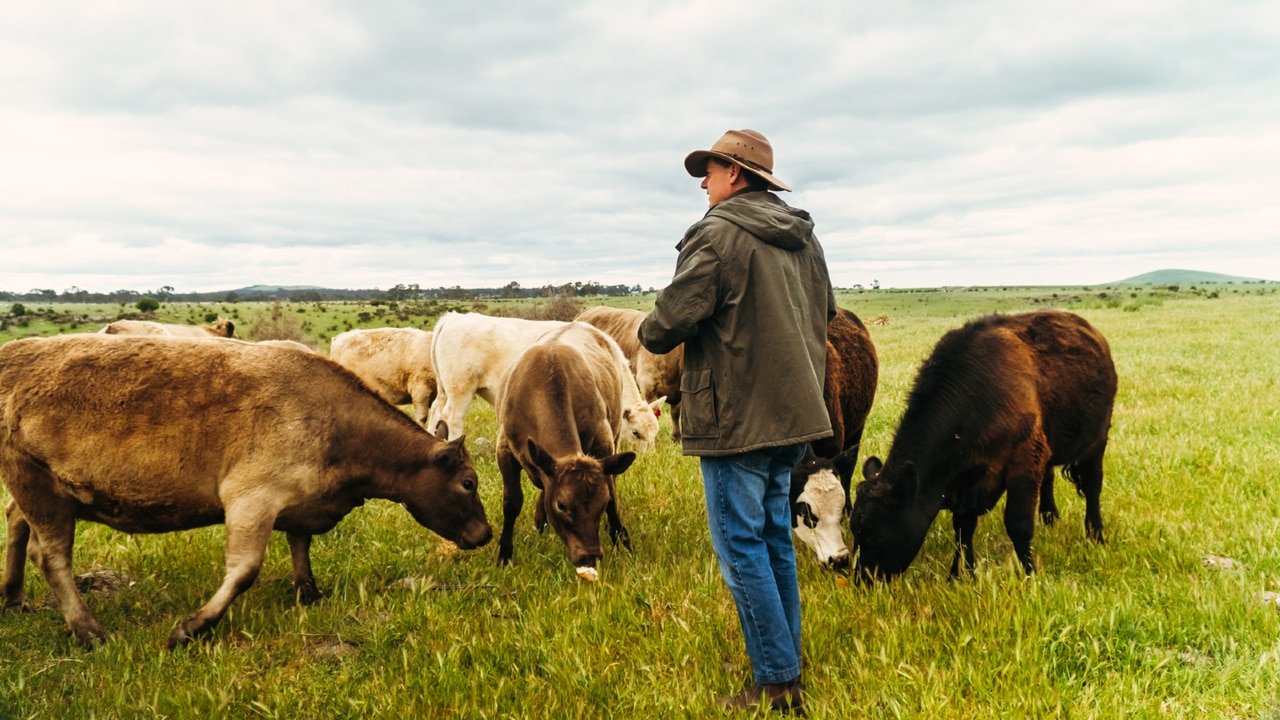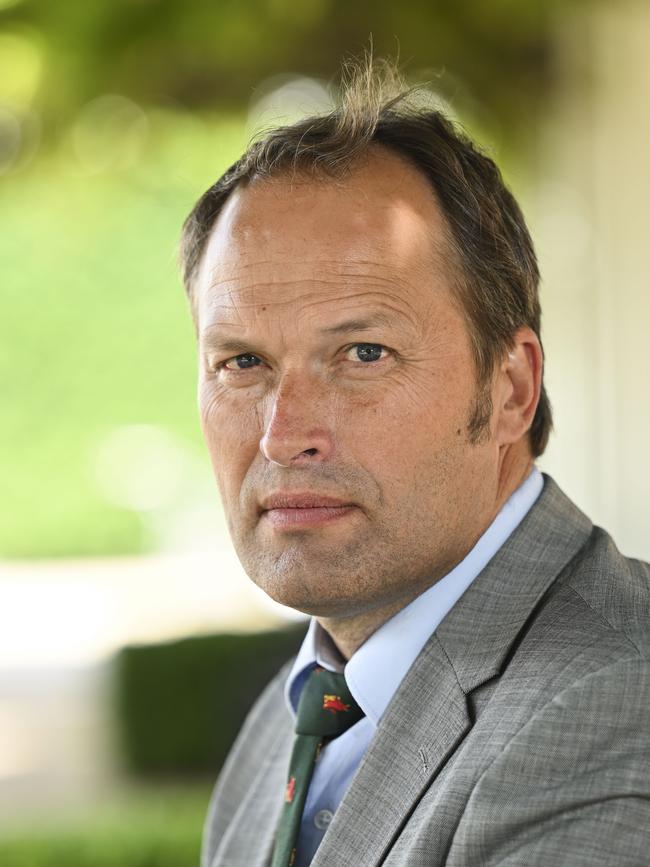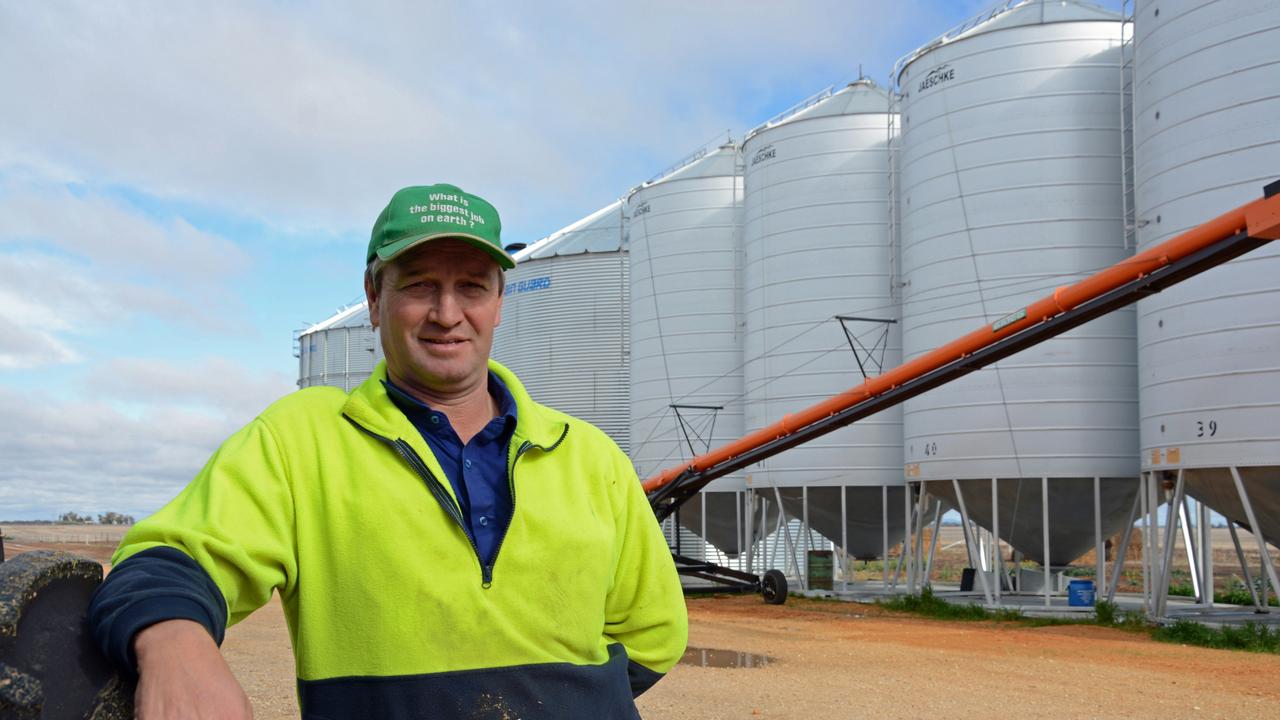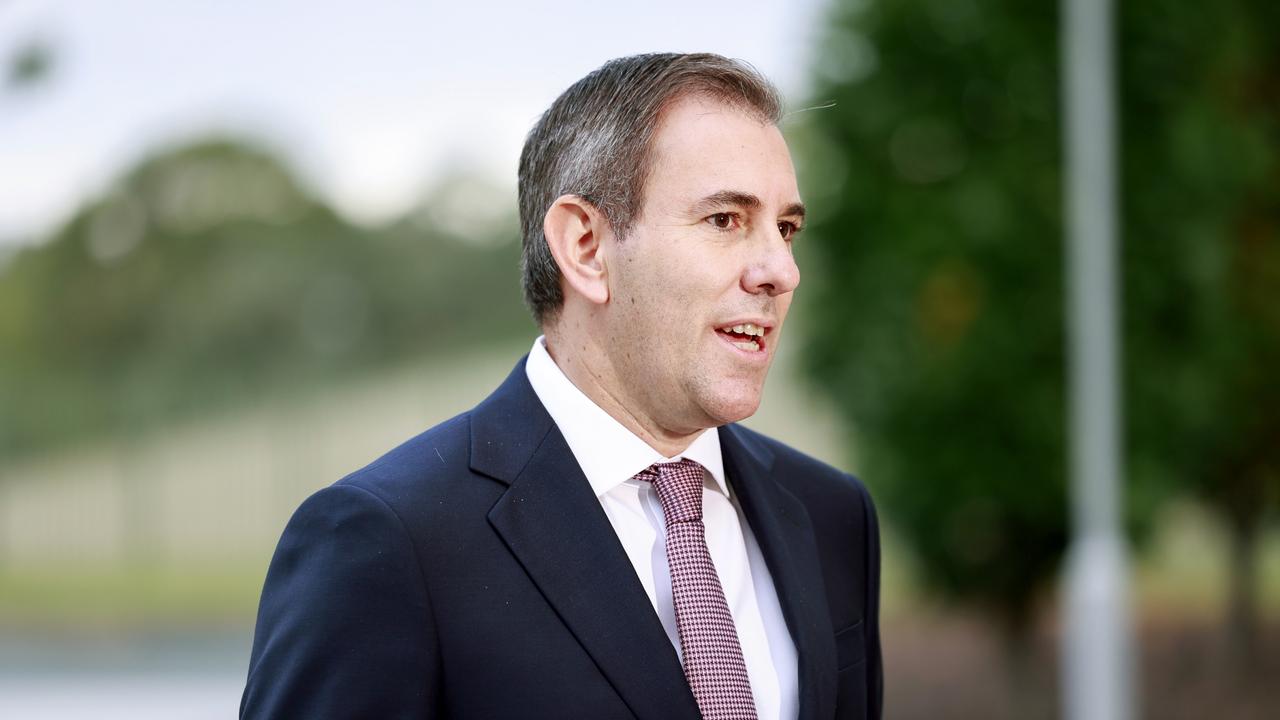Sustainable agriculture now a feature of trade agreements, farmers “need to be in the tent”
Australia is about to sign a new trade deal with the United Arab Emirates that includes a new chapter on sustainability not seen before.

Farmers “need to be in the tent” talking about sustainability to avoid being locked out of global trade, after Australia negotiated its first free trade agreement with a chapter explicitly on “sustainable agriculture”.
Federal Trade Minister Don Farrell is working behind the scenes to formalise the legal treaty text ahead of the signing of the Australia-United Arab Emirates comprehensive economic partnership agreement later this year.
When Mr Farrell announced negotiations on the trade agreement had wrapped up last week, it was revealed the document would include Australia’s first stand-alone chapter on “sustainable agriculture”, as well as a chapter dedicated to animal welfare.
“The chapter will recognise the role of agriculture in ensuring food security and driving climate resilience, emissions reductions and other environmental outcomes,” the Department of Foreign Affairs and Trade said on its website dedicated to the UAE CEPA.
It follows the trade agreement ratified with the United Kingdom last year, which included recognition of animal sentience.

Agricultural commodities analyst Andrew Whitelaw said the new chapter was unsurprising given the growing focus on agriculture and food systems globally.
“I do think we’ll see more discussion on sustainable agriculture and animal welfare, particularly in the European Union which has its Green Deal (towards climate neutrality by 2050),” Mr Whitelaw said.
“The industry should be making sure they’re in a tent discussing what sustainability is, and they need to be in that tent to make sure it’s not moving away from them and becoming an unachievable aspiration. We don’t want people from outside agriculture deciding what is sustainable.”
Mr Farrell’s office said further details would be made public once the deal was signed.
The comprehensive trade deal with the UAE is the first Australia has reached with a Middle Eastern nation and has been billed as a gateway for exporters to diversify amid rocky relations with China in recent years.
Improving market access has also been a priority of Mr Farrell after he walked away from “a dud deal” with the EU last year, at the time citing unfairness for Australian farmers as a key decision to park negotiations.

While the federal government has indicated the National Farmers’ Federation is supportive of efforts to bake sustainable agricultural practices into the wording of the trade agreement, NFF president David Jochinke hinted this may not always have been the case.
“The NFF has long stated that the principle purpose of trade agreements should be on the expansion and enhancement of goods and services market access between nations,” he said.
“Contemporary trade agreements are being struck with statements related to a wider range of topics, including labour movement, investment and sustainability.
“The NFF engaged with the government throughout the negotiations, and understands the sustainable agriculture chapter seeks to demonstrate the key role agricultural trade plays in supporting regional food security and global sustainability outcomes.”
At the UN’s annual climate summit in Dubai last year, focus shifted to the role of food systems and agriculture. On the opening day of the conference, a declaration on sustainable agriculture was signed by 130 countries, including Australia and the UAE, which said “agriculture and food systems must urgently adapt and transform in order to respond to the imperatives of climate change”.

It is unclear whether a deforestation commitment will form part of the agreement but the finger has been pointed at farming, particularly beef cattle farmers, for clearing hundreds of thousands of hectares in Queensland and NSW of native vegetation in the name of routine land management practices.
Cattle Australia has been on the front foot addressing the EU’s mandate for deforestation-free imports later this year by releasing its own definition of deforestation “in an Australian context” earlier this month.
The peak body representing grass-fed cattle farmers said it was unable to comment on the UAE trade agreement.
Farmers for Climate Action chief executive Natalie Collard said performance on environment and climate change would become common in international trade deals.
“The data shows us again and again that farmers think climate change is the biggest issue facing them. Reducing pollution in this decisive decade will help protect Australia’s farmers and food supply, so we can farm forever,” Ms Collard said.





